South Africa has been at the forefront of embracing cryptocurrencies and blockchain technology in recent years. As the adoption of crypto assets continues to grow in the country, there has been a need to develop a classification system to regulate and manage these digital assets. In this article, we will explore the various classifications of crypto assets in South Africa and how investors can navigate this landscape effectively.
Background on Crypto Asset Regulation in South Africa
In South Africa, the regulation of cryptocurrency and blockchain technology is overseen by the South African Reserve Bank (SARB) and the Financial Sector Conduct Authority (FSCA). The SARB has recognized the potential benefits of cryptocurrencies but has also raised concerns about the risks associated with these digital assets, such as money laundering, fraud, and market manipulation.
In April 2021, the FSCA released a draft declaration on crypto assets, which outlined the regulatory framework for governing these digital assets. The declaration classified crypto assets into three main categories: financial instruments, electronic money, and crypto tokens.
Classification of Crypto Assets in South Africa
1. Financial Instruments Financial instruments are considered to be the most regulated category of crypto assets in South Africa. These assets are subject to the Financial Markets Act (FMA) and must comply with strict regulatory requirements. Examples of financial instruments include security tokens, which represent ownership in a company or asset, and utility tokens, which provide access to a specific product or service.
Investors looking to trade or invest in financial instruments must ensure that they are dealing with licensed financial services providers and adhere to the regulatory guidelines set out by the FSCA.
2. Electronic Money Electronic money refers to cryptocurrencies that are used as a medium of exchange for goods and services. These assets are not considered to be financial instruments and are regulated under the National Payment System Act. Examples of electronic money include stablecoins, which are pegged to a fiat currency to minimize price volatility.
Investors using electronic money for transactions AI Invest Maximum must comply with the anti-money laundering and know your customer regulations set out by the SARB.
3. Crypto Tokens Crypto tokens are a broad category of digital assets that do not fall under the definitions of financial instruments or electronic money. These tokens can represent various assets, such as loyalty points, gaming assets, or virtual currencies. While crypto tokens are not subject to as stringent regulations as financial instruments, investors must still exercise caution when trading or investing in these assets.
The classification of crypto assets in South Africa aims to provide clarity for investors and ensure that they are protected from potential risks associated with these digital assets.
Navigating the Crypto Asset Landscape in South Africa
Investors looking to enter the crypto market in South Africa must conduct thorough research and due diligence to understand the classification of crypto assets and the regulatory requirements that apply to each category. By familiarizing themselves with the regulatory framework set out by the FSCA and the SARB, investors can make informed decisions when trading or investing in crypto assets.
Additionally, investors should consider diversifying their portfolios by investing in different categories of crypto assets to mitigate risk and maximize returns. By spreading their investments across financial instruments, electronic money, and crypto tokens, investors can take advantage of the diverse opportunities offered by the crypto market.
In conclusion, South Africa’s classification of crypto assets provides a framework for investors to navigate the emerging digital asset landscape effectively. By understanding the categorization of crypto assets and the regulatory requirements that apply to each category, investors can make informed decisions and protect themselves from potential risks. As the crypto market continues to evolve, staying informed and being proactive in compliance with regulatory guidelines will be essential for successful investment in this dynamic industry.
